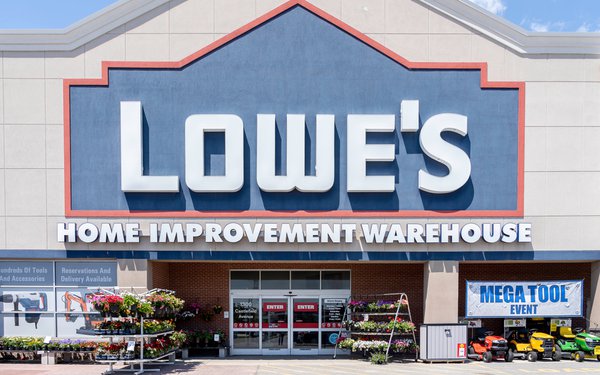Google Adds Offsite Retail Media For Search, Self-Serve Coming
- by Laurie Sullivan @lauriesullivan, March 18, 2024

Google has plans in the coming months to let retailers test features in Search Ads 360 that allow for self-service campaign management for brands and expand its beta program to more retailers globally.
The self-service model, when launched, will give brands the ability to measure the success of their campaigns with closed-loop reporting, and at campaign or stock-keeping unit (SKU) levels.
Google recently launched a closed beta in the search management tool Search Ads 360 for offsite retail media campaigns. It’s part of a growing trend in retail media.
Lowe’s, an early adopter of the tools, will launch its first offsite retail media offering on Google Search and Shopping inventory, using a managed service model. The plan also is to implement the self-service options for its brand partners. Self-service options similar to the way Google introduced search-service search ads for its engine.
advertisement
advertisement
“Brands are asking for self-serve options that provide more transparency and control over their media investments,” Ewan Fisher, product manager of Search Ads 360, wrote in a blog post. “With this style of campaign management in SA360, retailers in the future will enable brands and their agencies to manage campaigns themselves.”
Offsite retail media lets brand advertisers reach more consumers in unique locations off the retailer’s website. The idea is to improve performance by combining retail audiences with Google AI across channels.
Retailers participating in the beta can let brands sell on their website, using first-party data to fuel AI-supported Performance Max campaigns.
Retail media networks have traditionally provided managed services for campaign management. This means retailers do the campaign setup, optimization and reporting.
A beauty retailer, for example, can manage Search or Performance Max campaigns in SA360 on behalf of a makeup brand that distributes on the retailer’s websites and stores. This “managed service model has helped retailers succeed in supporting some brands, it has limited their ability to scale,” Fisher wrote.
Protecting shopper information has also become important for retailers.
With self-service retail media ads, retailers can selectively share first-party audiences with brand partners without exposing user-level data. This lets brands reach high-intent shoppers with relevant ads, increasing performance while respecting consumer privacy. The shoppers are directed to the product detail page of a retailer website where they can add products to a cart for purchase.
Retailers also will have an option to share only parts of their product inventory feeds that are relevant to a brand partner, so one brand never sees inventory details such as stock levels or pricing for other brands. And can selectively share sales and performance data, preventing a brand from seeing the retailer’s overall performance data.


